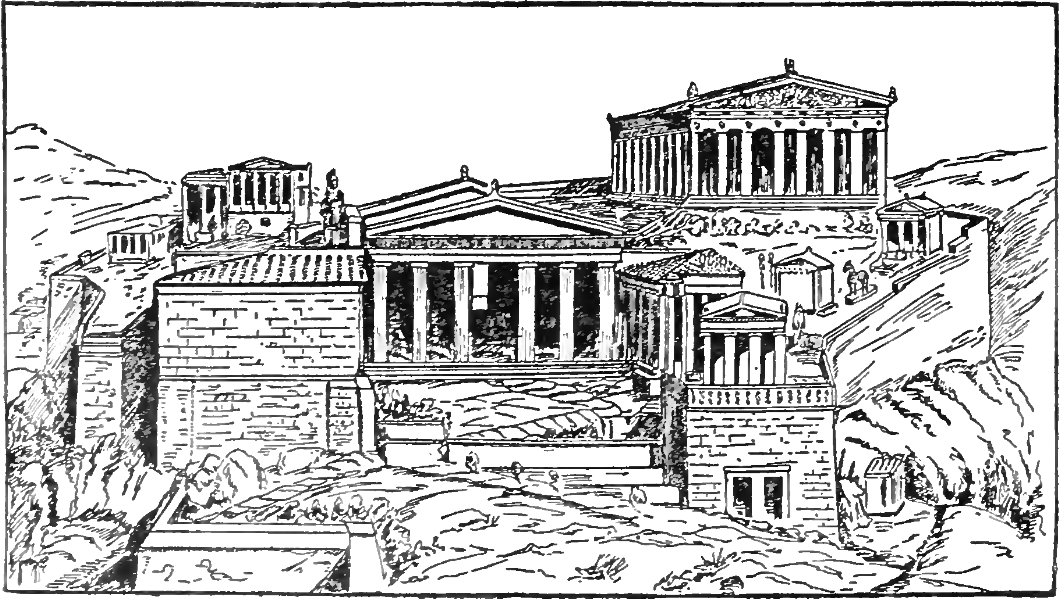<![CDATA[The study of the past is dominated by a linear view of history. Societies and epochs develop through a constant interaction of cause and effect. Whether a revolution, a civil war or a major breakthrough in medicine, each event can be placed into its context and explained in the trajectory of history. This approach is of course logical, but it does not mean the past cannot teach us lessons about the present. The linear maxim is not universal. Ancient societies had cyclical views of the past, for example, the Ancient Greek belief in a cycle of Dark and Golden ages. As recently as 1918, Oswald Spengler wrote ‘The Decline Of The West’, a response to the First World War which argued that all civilisations have limited life spans that ultimately end with decay. More recently, historians such as Peter Turchin have advocated historical progress as cyclical, using mathematical modelling to illustrate a correlation between population growth and wars. This article is not intended to advocate these readings of history, but to highlight the strategic, economic, social and political lessons we can learn from understanding our past. Tony Judt argued that the growing saturation of memorials and monuments actually detach us from history, focusing our attention on the symbolism of an event rather than truly understanding the lessons to be learnt form it. “What is new, at least in the modern era, is the neglect of history.” A study of history and archaeology allow us to analyse how and why certain civilisations flourished. Perhaps more importantly, it allows us to see why others failed when they did. Ancient Greece became one of the greatest societies in history, creating a legacy that lasted well beyond the major city states. But why did Greece ultimately fall? Many of the studies of the demise of the Greek Polis focus on the frequent civil wars (especially between Athens and Sparta) and the rising might of Macedonia. However another contribution to the decline was a growing tension and conflict between the ruling aristocracy and the poorer sections of society. The various long and bloody wars had caused dramatic urbanisation as well as a shift towards international trading abroad. Greek society began to collapse as the poor became increasingly separated from the wealthy. The recent Occupy Movement has shown that the current perceived inequality in society is causing tension and problems in the US and Europe. The experience of Ancient Greece can surely provide some insight into the modern situation. On a more practical level, the U.S. is suffering from water shortages in several major areas. This is a situation with historical precedent. The Pueblo ruins in the South-west reveal a sophisticated society that abandoned its settlements between the twelfth and thirteenth century A.D. Archaeological studies suggest that the reason the society disbanded was a dramatic shift to an arid climate in this period. In contrast, there is evidence of states in the Eastern Mediterranean and Middle East that succeeded through periods of drought between 1200-1000 BC and 2200-2000 BC. Archaeology and historical studies allow us to analyse why some societies succeed and others failed. They teach us valuable lessons that could have a positive impact on policy in the future. Unfortunately, in both the US and UK, funding for archaeology is in decline, and is often insignificant in comparison to Europe and China. It is vital for us to learn about the past, not just to preserve our heritage, but to teach us about the present and future as well.]]>
Why We Need to Learn from the Past
